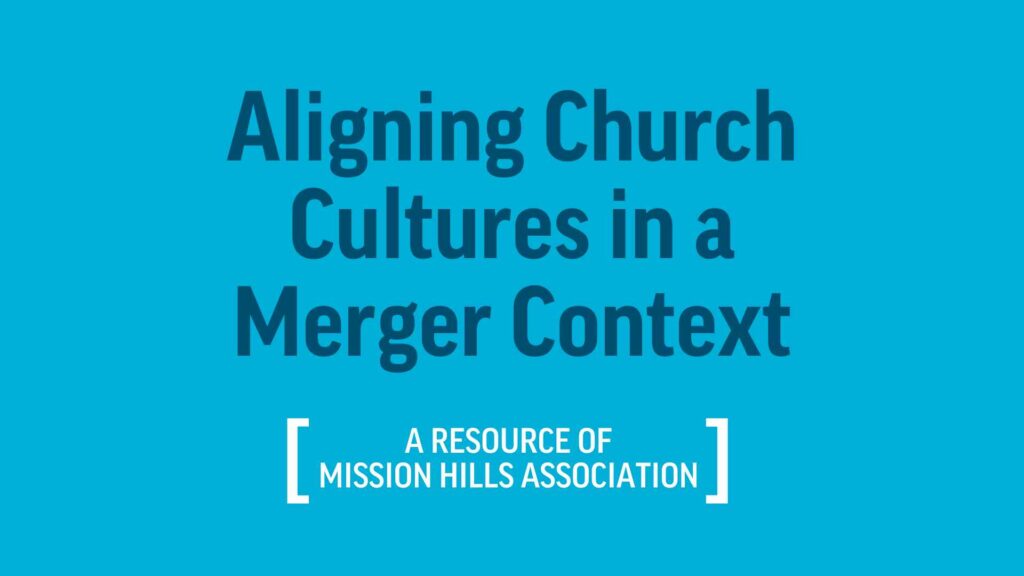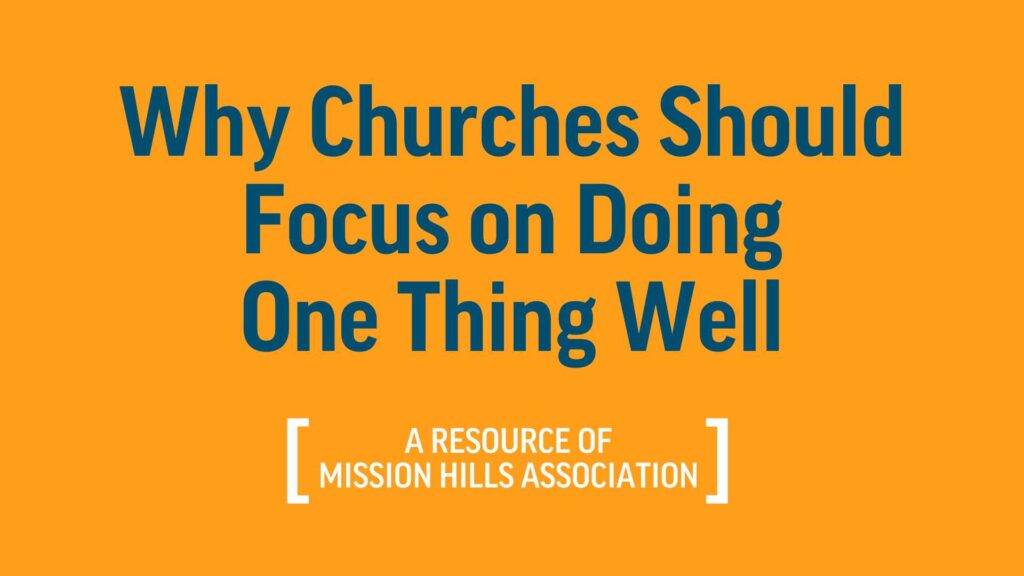
Outside of sermons, churches do a lot of teaching – Sunday school classes, children’s ministries, theology study groups, and church discovery classes, are just a few examples of the type of classes and groups a church may host.
The type of curriculum you create and the practical elements of facilitating a class are important, but church classes and groups are often some of the !rst spaces where curious or new believers become involved with a church. It’s crucial to not only teach sound truth but to build relationships and communicate the love of God above all else.
We’ve broken down a few practical ways to do this, in the form of community, connection, and knowledge:
Community
Even though Mission Hills Association churches are located in the Front Range, no two of our churches are the same.
Whether generational, racial, or socioeconomic differences, every congregation is made up of an entirely unique group of people. The temperament of people in your church might vary greatly from those at a church just down the road – and that’s a beautiful thing.
The way that the body of Christ represents unity through differences is a gift – but it also means churches can’t assume what works for someone else will work for them.
For example, the “Discovering Mission Hills” Next Steps group wouldn’t be a great it if your church isn’t Mission Hills.
The teaching, material, and facilitation can all be wonderful and still fall flat if it isn’t adjusted to reach the people your church is uniquely called to serve.
Although it requires heavy lifting, we would encourage every church to create its own framework and material for membership or new believer courses. And once you create your material, don’t stop there. Allow it to be a process of continual learning, adjusting, and refining!
Connection
Your congregation isn’t the same as it was 20, 10, or even 5 years ago. You don’t want a hypothetical congregation to be served through your classes – you want to serve your real, present-day congregation.
Connection is the key to doing this well. And the best way to connect with those you serve?
Spend time with them.
Attend groups regularly
- You can get a sense of what material resonates and what doesn’t, what sort of questions participants are asking, and what the general tone of the room is.
Have one-on-one conversations
- Don’t assume that everyone in the group has had the same experience – set aside intentional time to ask how things are going, what they’re learning, and what could be improved.
Find unity within the group
- While every church and group and participant is unique, the most effective teaching will be focused on what unites and connects each of them.
- This means it’s crucial to find the connection point between individuals and the subject matter so that everyone can learn and participate with a singular goal in mind.
Knowledge
Whatever kind of classes or groups your church offers, they all share the common denominator of learning. Every person in a given group is there because they want to learn or discover something new about God, themselves, or the world around them.
Use the information you’ve gathered about the community and connection points within your own church to teach your material in a way that will best teach those who you’re specifically serving.
It is a great privilege to teach and equip our churches – and we also want to remember that communicating the love of God is the true end goal of all that we do as leaders in our churches.




